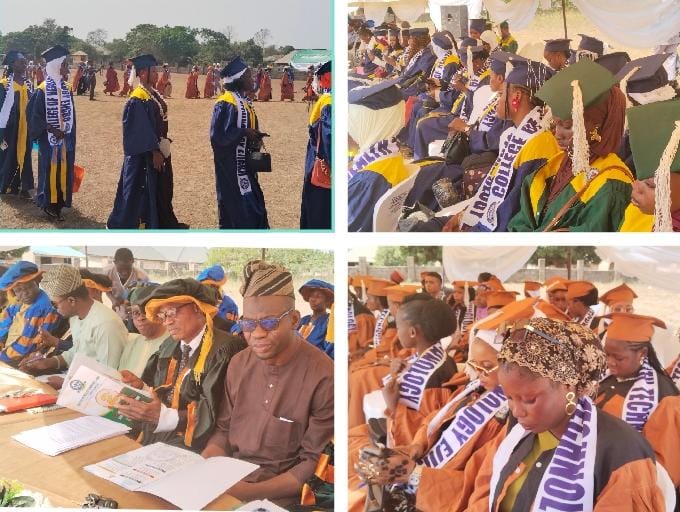Tuberculosis, Malaria, HIV/AIDS Remain Major Challenges, ACOMIN Warns
The Civil Society for Malaria Control, Immunization and Nutrition (ACOMIN) has warned that Tuberculosis (TB), Malaria, and HIV/AIDS remain significant public health challenges in Zamfara State and across Nigeria.
The warning was issued by the Deputy State Coordinator of the TB Network, Zamfara State, Abdullahi Lawali Bungudu, during a Step-Down Training on Community-Led Monitoring (CLM) and Community Systems Strengthening (CSS) held in Gusau, the state capital.
Bungudu explained that CLM empowers affected populations to assess the quality of health services, identify gaps, and ensure accountability in service delivery, while CSS focuses on building the capacity of community organizations, networks, and leaders to respond effectively.
“Stronger communities mean stronger health systems, and stronger health systems mean better outcomes for TB, Malaria, and HIV/AIDS interventions,” Bungudu said.
He stressed that the training was not just about knowledge but also about responsibility, urging participants to use the skills gained to improve services, educate others, and amplify the voices of vulnerable populations.
“Together, we can make our communities healthier, stronger, and free from the burden of these diseases,” he added.
Also speaking, the State Coordinator of HEPWHAN, Malan Hassan Tukur, called on participants to apply their new CLM and CSS skills in tracking and addressing health-related issues in their communities.
He commended the ATM Network for its role in developing the initiative and urged stronger partnerships among government and stakeholders to achieve health goals.
Similarly, Ibrahim Idris, who represented ACOMIN’s State Coordinator, lauded the ATM Network for its efforts and urged participants to share their knowledge at the grassroots level while calling on donors and government agencies to strengthen collaboration in the fight against TB, Malaria, and HIV/AIDS.














Post Comment